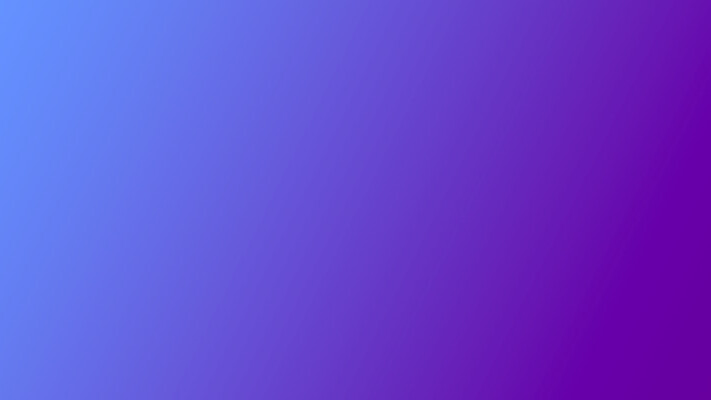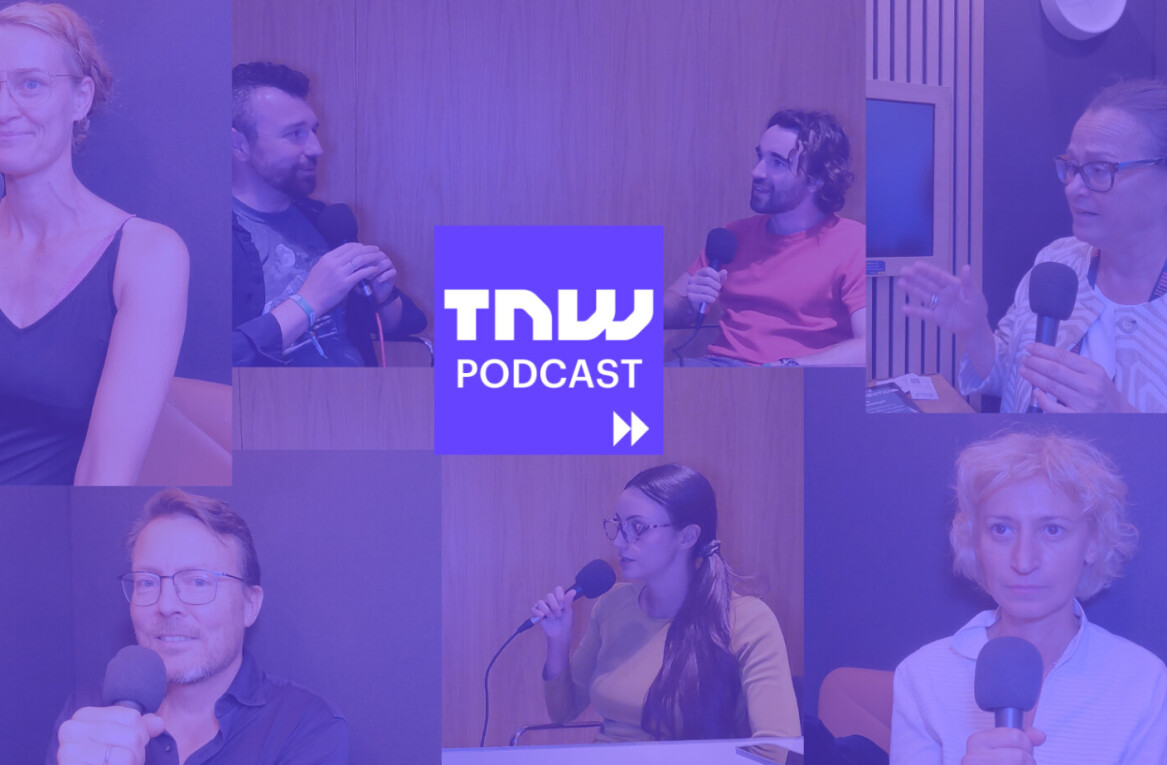
The Californian court ruling to cut off Wikileaks.org from the Internet has shocked the blogosphere. We’re used to censorship news from China, yet when decisions like these appear in the US, alarm bells start ringing.
Wikileaks is a rather controversial websites that gives whistle-blowers an anonymous stage for their revealed secrets. So far they’ve posted millions of government and corporate documents. Turns out they’ve posted a few too many, namely several hundred documents about the offshore activities of a Swiss bank. The bank has send in an army of lawyers who managed to convince the court to order that Dynadot, the company that hosts the domain name, should remove all traces of Wikileaks.org from its servers.
According to the BCC, the people from Wikileaks claimed that the order was “unconstitutional” and said that the site had been “forcibly censored”.
Good news for the dissidents and journalists: the site is still accessible via 88.80.13.160/wiki/Wikileaks. It’s hosted in Sweden, a country that sort of becomes a beacon of hope for controversial Internet companies as Pirate Bay is also hosted there. Duncan Riley from TechCrunch correctly stated that “unfortunately for Bank Julius Baer, the legal action will probably result in more people reading the documents in question”.
Wikileaks is now linked on all the major news sites and blogs, thus millions of people will visit the page. Some of them might find documents there that are of interest for them. So I think we can come to an optimistic conclusion here, censorship in the form of cutting of domain names isn’t rewarding. It just leads to more attention.
However, you might have noticed the ‘yet’ in the headline. With China rapidly improving and expanding its electronic wall, we can’t be all too happy here. We still live in a world where billions of people don’t have uncensored access to the web. When will China’s advanced techniques be used in European countries and the US?
Get the TNW newsletter
Get the most important tech news in your inbox each week.




